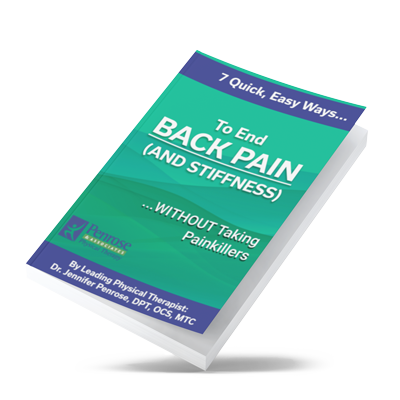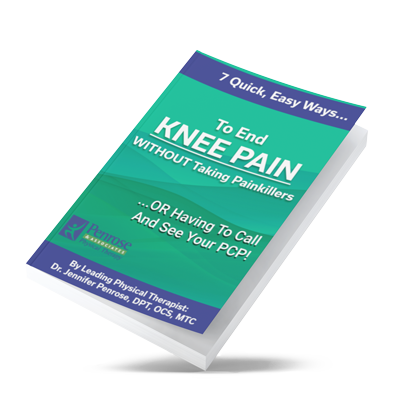It’s not uncommon for us to receive phone calls from people who are concerned for others. For example, we have received a phone call from a gentleman who had growing concerns about his wife. He asked us, “Why does my wife keep falling over?” He continued to tell us that his wife Sally,71, generally has good health, but lately, she’s been having difficulty controlling her balance. Every time she falls she loses confidence, so much so that she’s scared to leave the house without him or their daughter by her side–just in case she falls over and there’s no one there to help her get back up.
Losing your balance is a scary thing. And it’s something we hear people worrying about all the time. It’s not uncommon that as we get older we begin to feel unsteady on our feet. People have told us that when they’re out doing their weekly grocery shopping they have to rely on the shopping cart to keep them on their feet or lean on a loved one to help them get around safely. A fear of falling spoils their confidence to leave the house alone or even to get up and move around the house independently. Most of the time, people don’t understand why it’s happening to them when they’ve generally had a good balance their whole life. So, why is it that falls are one of the main causes of accidents and injuries in people aged 65 and older? Here are just some of the reasons why falling can become more of an issue as we get older.
Poor eyesight and difficulties with hearing are common changes that come with aging. Any issues with hearing and eyesight will make you feel unsteady. The inner ear has five hair-like sensors that manage your balance: three help you rotate and the other two help you make up and down motions. As we get older, sometimes these sensors begin to not work as well as they used to. They are not sending the right signals to your brain to help keep you on your feet, which means your balance will be affected. The same goes for the eyes. If you don’t have clear eyesight and things are a little blurry and distorted, your brain will struggle to keep you feeling centered. So deteriorating eyesight and hearing are big factors why someone might begin to experience falls.
Another big factor is weak and in-active muscles. As we age, our muscles become weaker if we don’t exercise and stay active. If this is the case, our weak muscles are having to work twice as hard to support our body and keep it upright when they aren’t strong enough in the first place. Eventually, this will also lead to poor posture. If your body isn’t aligned properly, and your muscles can’t control your alignment, then quick movements or just moving around, in general, can throw you off balance and lead to more falls.
Another big factor we see is medications messing with the body. Dizziness and loss of balance are sometimes included in that long list of side effects that come with medications. If your medication makes you drowsy, then your reaction time will be affected, which means you won’t be able to balance properly if there are sudden disturbances. If you’re on multiple medications and drowsiness is a side effect, this could be the reason why you feel dizzy each time you get up or find it difficult to stay steady when you’re on your feet.
Even your environment can have a big impact on how you move around day-to-day. It’s not uncommon that we’ve heard of people tripping over a rug, falling when walking up or down the stairs, or even losing their balance when trying to get out of the bath or the car. It might just be worth the time to make a few changes if you have loose carpets or rugs, stairs without railings, no grab bars in tubs or showers, or nothing to hold onto around the house. A few changes in your home could help you fall less often and help you to feel more confident around your home.
Obviously, without knowing your situation or how you are struggling to keep steady on your feet, I can’t put it down to ‘one’ thing without knowing more about you. But what I can tell you is if you find yourself worried about falling over, or you’ve noticed a loved one leaning over more than usual, it’s completely normal.
If you have any questions or concerns about balance whether it’s for yourself or a loved one, you can call (360) 456-1444 or email info@penrosept.com.
Sincerely, Jennifer Penrose, DPT, OCS, MTC






